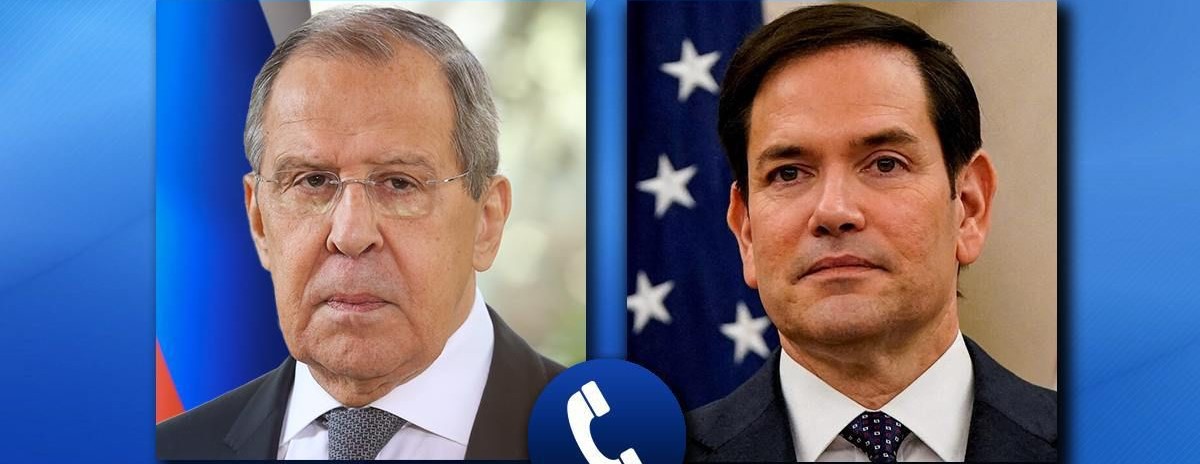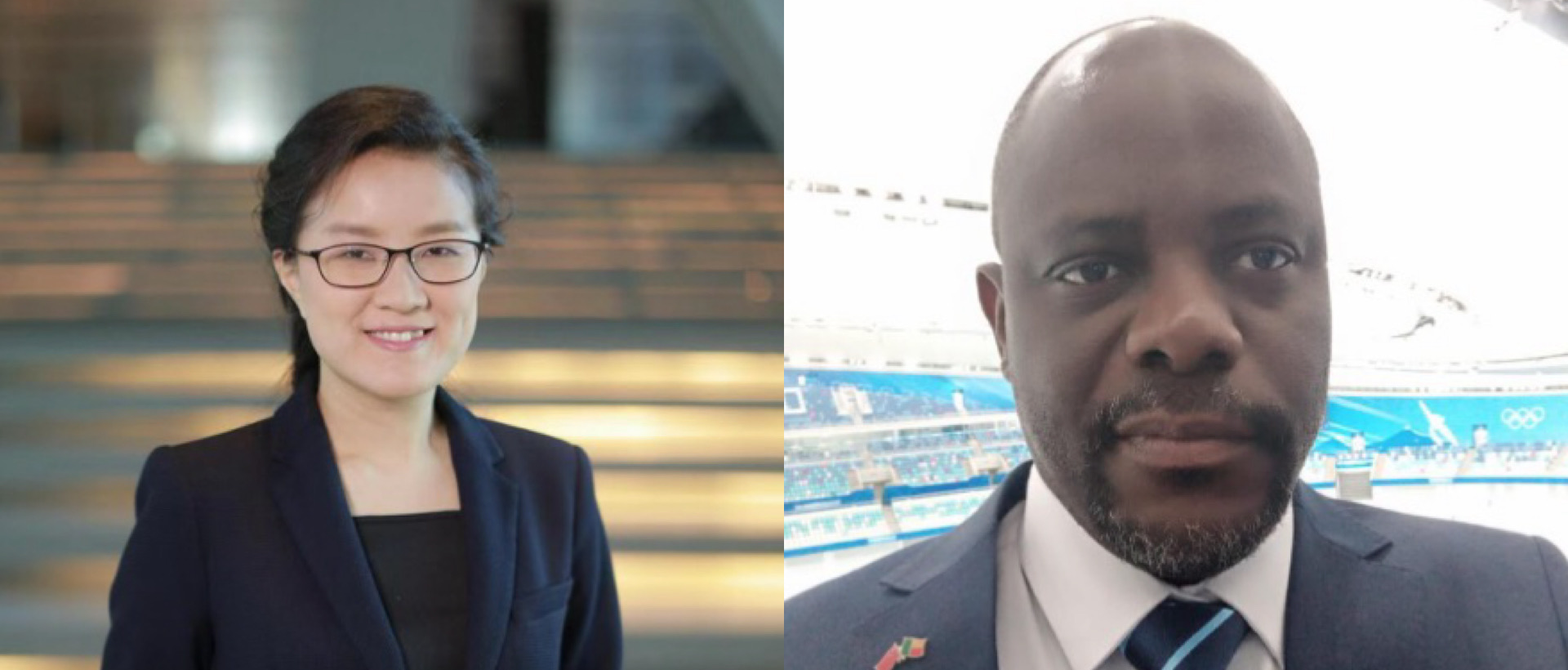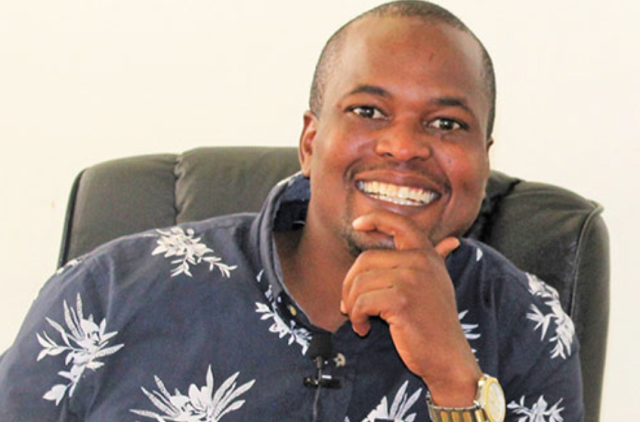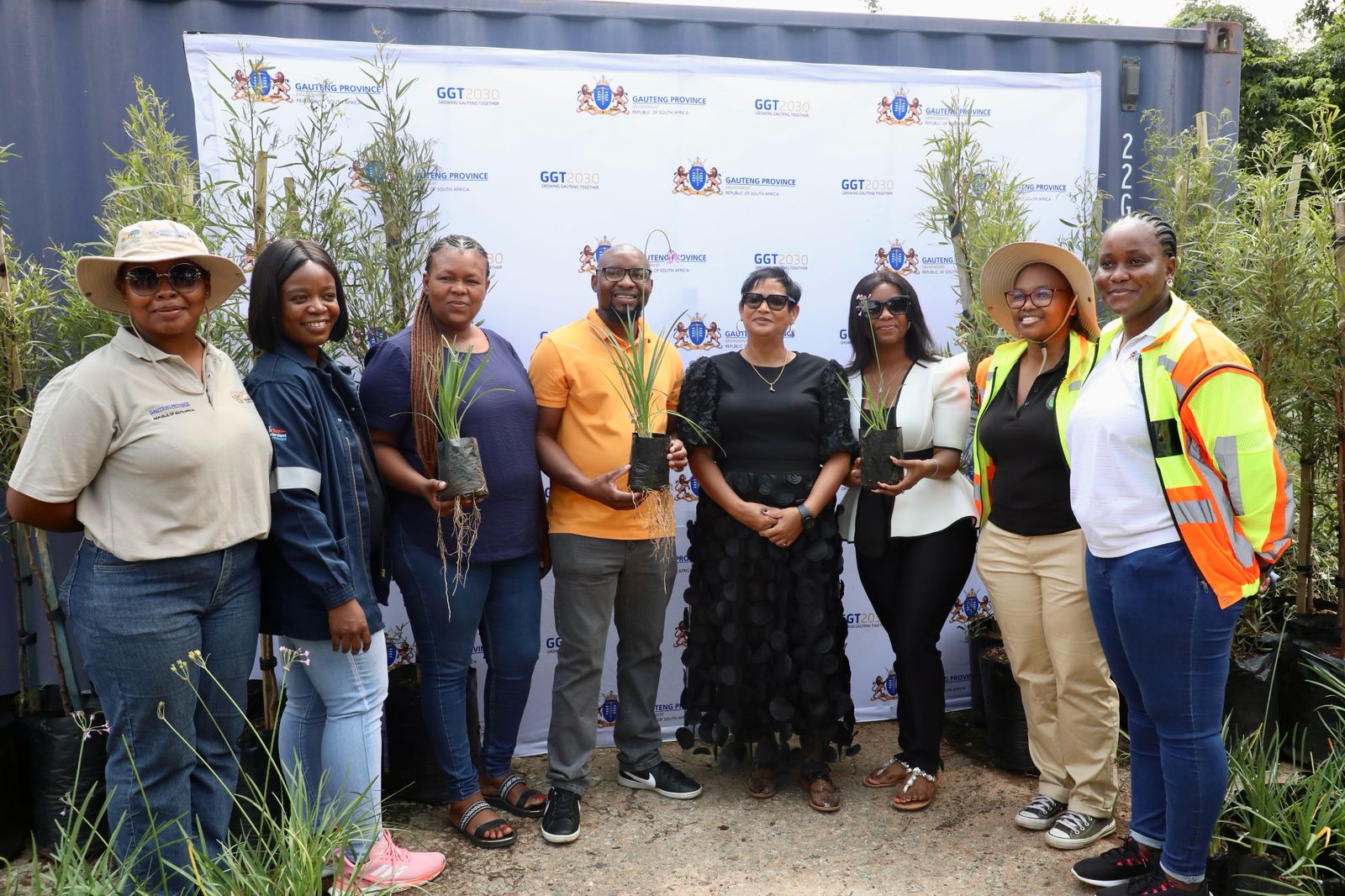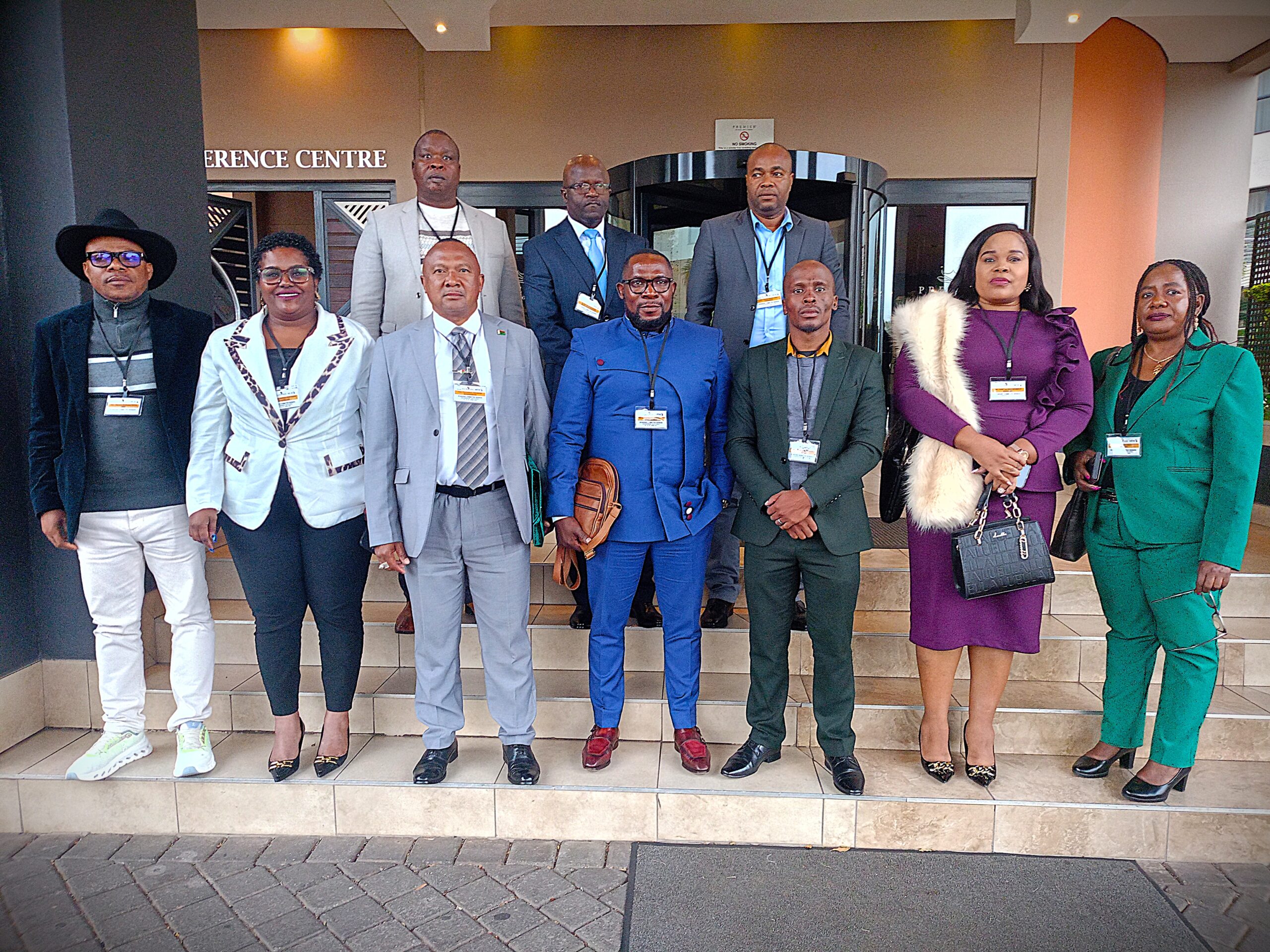
HSDSP-MEMBERS
By Moses Magadza in Johannesburg, South Africa
On Wednesday, a one-day meeting of the SADC Parliamentary Forum’s Standing Committee on Human and Social Development and Special Programmes (HSDSP) ended in Johannesburg with strong calls for systemic reform, strengthened oversight, and improved healthcare in prisons across the region.
The committee (one of five standing committees of the SADC PF that met separately on Wednesday ahead of a joint session scheduled for 24 April 2025) engaged in robust deliberations informed by expert presentations and video testimonies by regional judges undertaking prison visits.

The judges described alarming conditions marked by overcrowding, poor sanitation, and the incarceration of minor offenders alongside hardened criminals.
The committee’s discussions revolved around the need for a harmonised legal framework to guide parliamentary oversight of correctional facilities in the region.
A proposed Model Law on Prison Oversight, which the SADC PF hopes to develop with the support of Sweden, is expected to address gaps in national legislation and reinforce mechanisms for accountability and reform.
The HSDSP Committee made a series of recommendations to the upcoming 57th Plenary Assembly, the Forum’s highest decision-making body, which is set to meet in Zimbabwe in May.
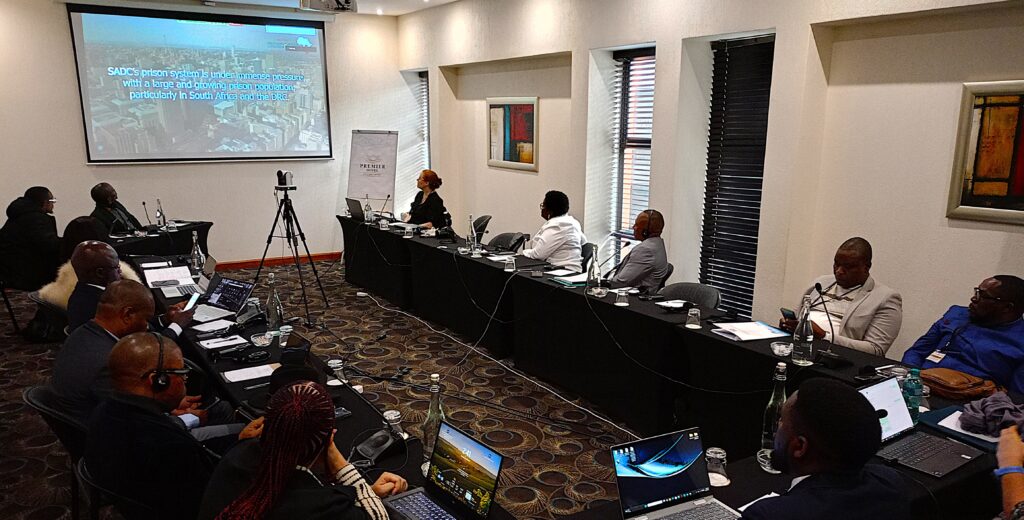
Concerning the integration of prison health into public health systems, the committee urged SADC Member States to align prison healthcare with national health strategies. It noted that TB rates in prisons are up to ten times higher than in the general population.
Parliaments were encouraged to strengthen their oversight committees, with mandatory public reporting and collaboration with civil society, national human rights institutions, and medical professionals.
The Committee called for domestic funding in line with the Abuja Declaration’s 15% health allocation target, and for gender-sensitive healthcare services, including SRHR and trauma-informed care, in line with the UN Bangkok and Nelson Mandela Rules.
Member States were encouraged to explore innovative financing, such as earmarked taxes on tobacco and alcohol to fund prison healthcare infrastructure and rehabilitation programmes.
The SADC PF Secretariat was urged to establish regional benchmarks for prison healthcare and foster cross-border collaboration on pooled procurement, staff training, and best practice exchanges.
To curb overcrowding, the Committee called for legislative reforms to reduce pre-trial detention and promote alternatives to custodial sentencing.
Additionally, the Committee recommended involving formerly incarcerated individuals in shaping policy to ensure reforms are grounded in lived realities and support reintegration.
In closing the meeting, Honourable Mope Khati, the Chairperson, urged Members of Parliament to spearhead prison reform in their respective nations.

He described the meeting as “historic” and invoked the African proverb: “If you want to go fast, go alone. If you want to go far, go together.”
He declared, “Today, we have chosen to go far, together.”
He noted that there are “400,000 lives behind bars in our region, 37% of whom are awaiting trial, with women making up 3% of this population.”
He said, “Our deliberations have turned cold numbers into a moral imperative. Your probing questions and thoughtful interventions have given soul to the statistics.”
Honourable Khati appreciated the contributions of Ms Michaela Clayton, the interim Director for AIDS and Rights Alliance for Southern Africa (ARASA), and renowned Zambian health expert Dr. George Magwende, who provided evidence-based insights.
“You have shown us that rehabilitation programmes can reduce recidivism by up to 43%, that prison education initiatives can cut reoffending rates by half, and that mental health interventions can break cycles of intergenerational trauma,” he said.
He also commended the SADC PF Secretariat for its continued leadership under Secretary General Ms Boemo Sekgoma.
“Your commitment to developing practical, rights-based legal frameworks continues to set our region apart,” he said, adding that the Secretariat’s work is transforming prisons from centres of punishment to places of renewal.
Honourable Khati urged parliamentarians to leave the meeting as “educators, advocates, and reformers.”
He implored them to “help constituents understand that humane prisons mean safer communities; push for budget allocations that fund rehabilitation over repression; and work across party lines to implement the changes we’ve envisioned.”
Quoting Nelson Mandela, he concluded: “It is said that no one truly knows a nation until one has been inside its jails. Today, we have chosen to know our nations better and to make them better.”
He added, “The pages of history lie open before us, and it is up to us to write a chapter worthy of our people and our region.”
-Moses Magadza is the Media and Communications Manager at the SADC Parliamentary Forum.


